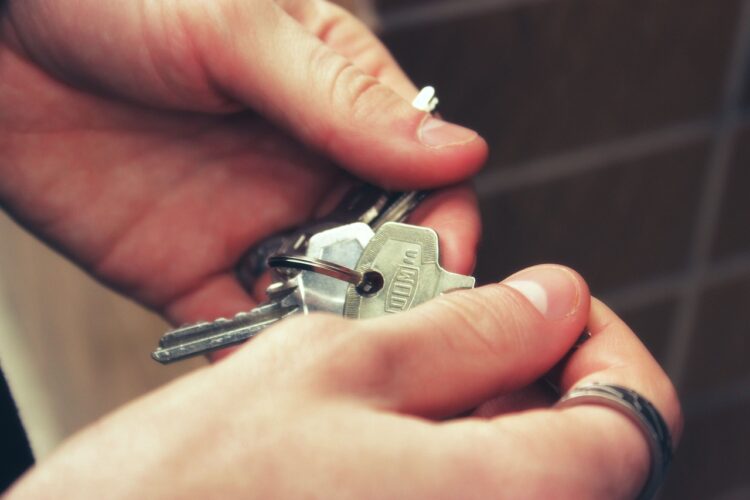
Moving into a new apartment is exciting, but it’s also a big commitment. Asking the right questions before signing the lease can save you from unexpected surprises and ensure that your new home fits your needs. Here are 15 important questions to ask before moving into a new apartment, with detailed explanations to help you make an informed decision.
1. What Is the Total Monthly Cost?
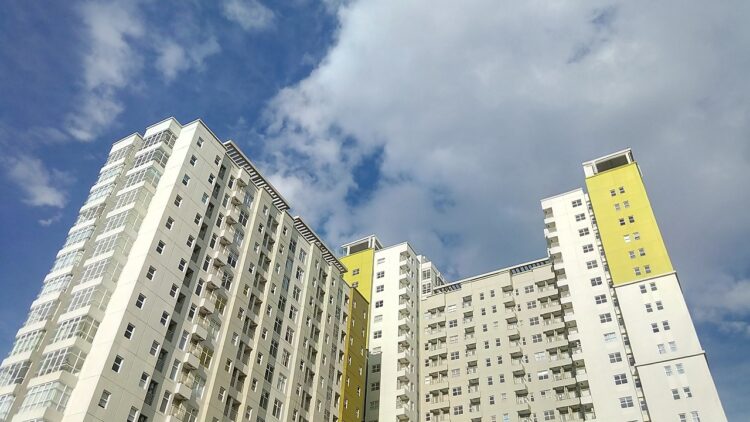
While the monthly rent is the main expense, you need to consider additional costs like utilities, parking fees, and pet fees. Ask for a detailed breakdown of everything you’ll be expected to pay each month. Some apartments might also require insurance fees or charges for maintenance services, which can add up. Having a full picture of the total monthly cost will help you avoid financial surprises and allow you to budget accurately.
2. What Is Included in the Rent?
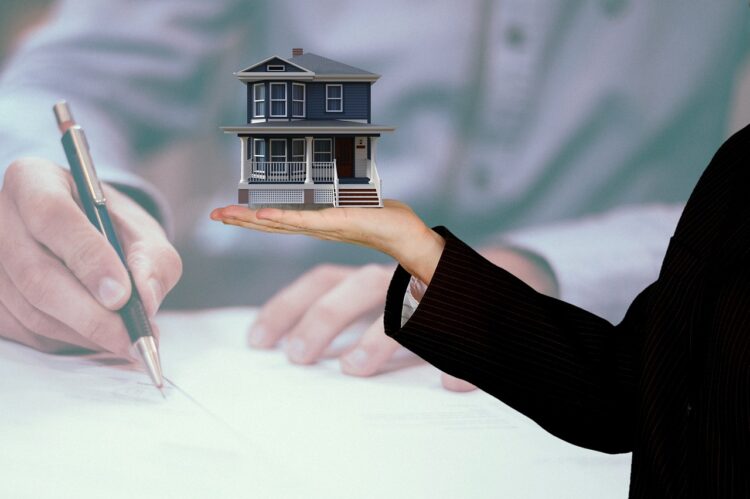
In some buildings, utilities such as water, gas, trash collection, or even internet may be included in the rent, while in others, you’ll be responsible for these bills separately. Knowing what’s included in the rent will help you determine if the asking price is reasonable. If utilities aren’t included, ask for an estimate of the monthly cost so you can gauge how it will impact your total budget.
3. What Is the Lease Term?
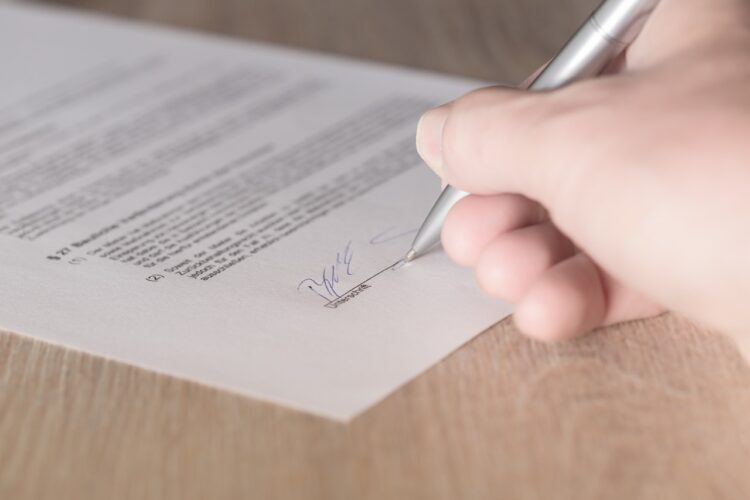
Leases typically range from 6 to 12 months, but some places offer shorter or longer terms. It’s essential to understand the lease length, whether you can renew, and if any penalties apply for breaking the lease early. If your situation changes, such as relocating for work, you’ll want to know how flexible the lease is. Some landlords might allow month-to-month options, but be sure to ask if that comes with a higher rental fee.
4. Are There Any Move-In Specials or Discounts?
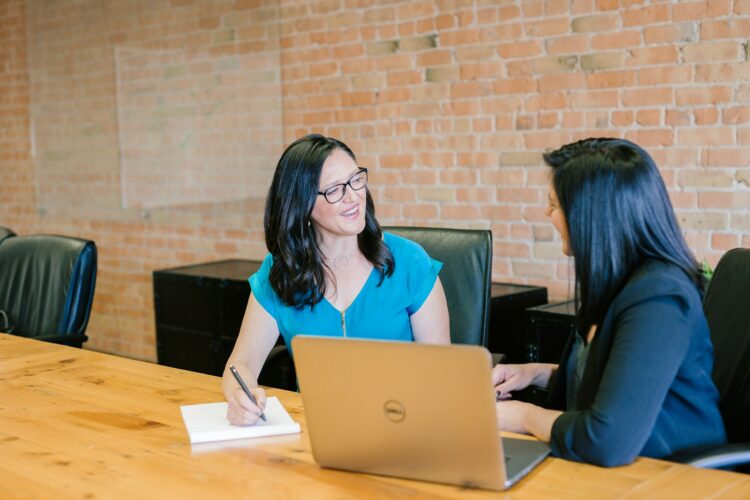
Sometimes landlords offer promotions, such as a free month’s rent, discounted security deposits, or waived application fees to attract new tenants. Always ask if there are any move-in specials or promotions going on. Even if no deal is advertised, it doesn’t hurt to negotiate and ask if the landlord can offer any incentives. You might be able to save a significant amount just by asking.
5. What Is the Policy on Rent Increases?
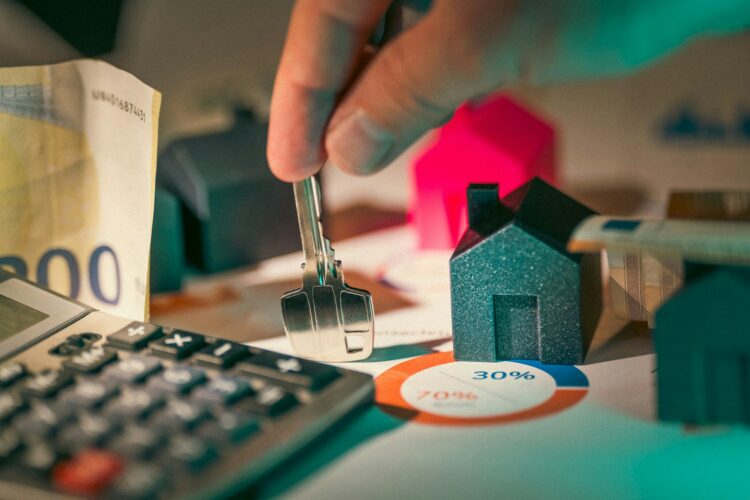
Rent can increase, especially if you’re in a competitive rental market. Ask how often rent increases occur and how much notice the landlord is required to give. Some landlords follow local regulations, while others may increase rent after the first lease term. Having clarity on this will allow you to plan your future finances and avoid the shock of unexpected rent hikes.
6. What Is the Maintenance and Repair Process?
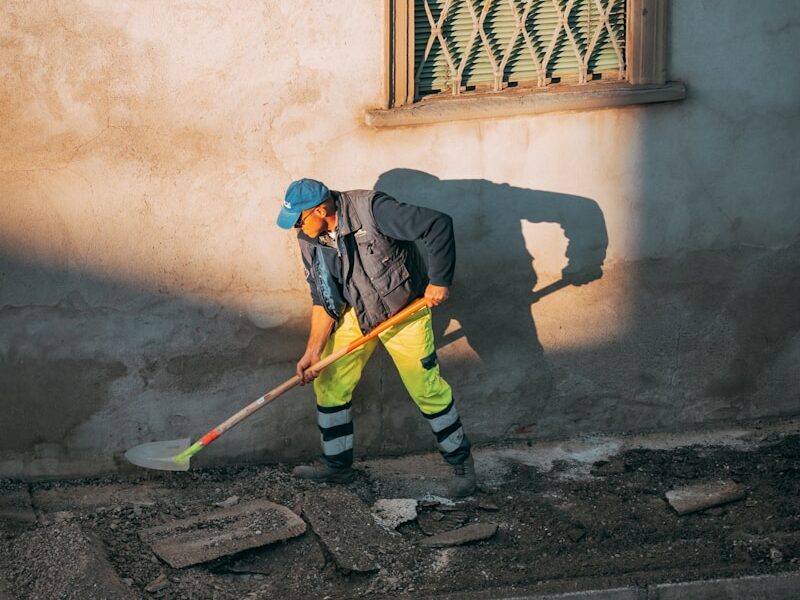
Every apartment will need repairs at some point, so it’s crucial to know how maintenance requests are handled. Ask if there’s a dedicated maintenance team and how quickly they typically respond to issues. Find out if there’s 24/7 emergency maintenance service for problems like leaks, broken heaters, or electrical issues. A slow maintenance process could result in long periods of discomfort or inconvenience.
7. What’s the Guest and Subletting Policy?
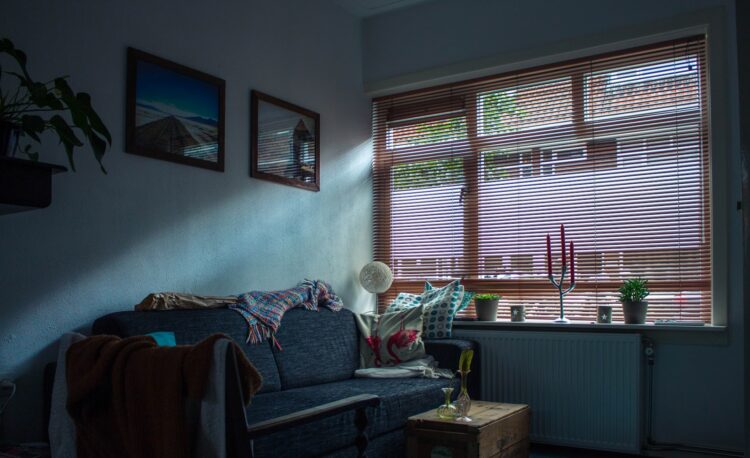
If you plan to have long-term guests, or if you’re thinking of subletting your apartment while traveling, it’s important to know the property’s rules. Some buildings have strict policies about overnight guests, while others allow subletting under certain conditions. Understanding these policies upfront will save you from any disputes later, especially if you have guests staying for extended periods or need to sublet for extra income.
8. What Security Features Are Available?
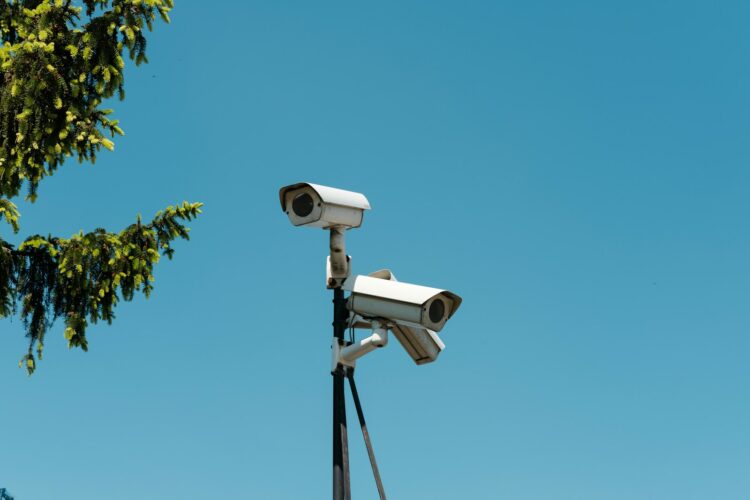
Feeling safe in your home is essential. Ask about the security measures in place, such as locks on doors and windows, gated access, or surveillance cameras. If the building has a doorman or security guard, that can add an extra layer of protection. If safety is a concern in the area, knowing the security features will give you peace of mind, especially if you’ll be coming home late at night or traveling often.
9. Is Renters Insurance Required?
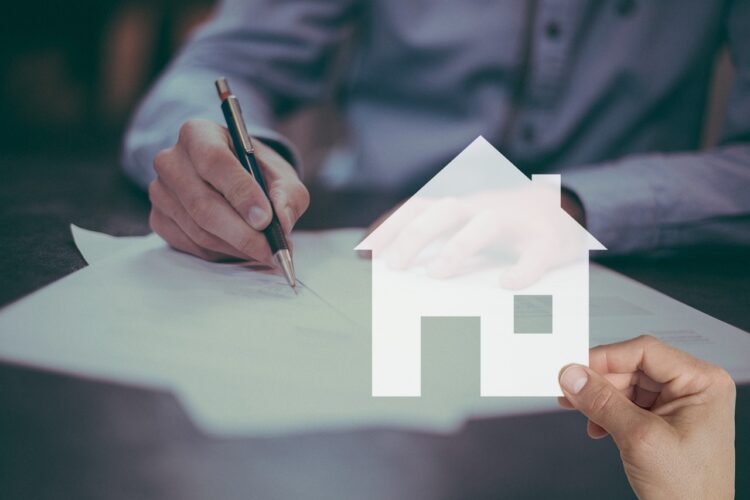
Some landlords require tenants to have renters insurance, which covers your personal belongings and liability in case of accidents. Even if it’s not required, renters insurance is a good idea to protect your possessions from damage or theft. Ask whether it’s mandatory and how much coverage is needed so you can arrange it before moving in. Policies are usually affordable, but it’s better to budget for it upfront.
10. What Are the Noise Levels Like?
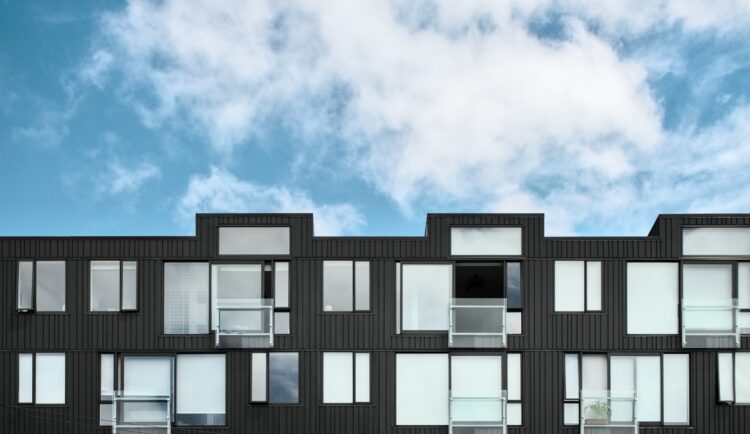
Noise can greatly impact your comfort, so it’s important to ask about the typical noise levels in the building. Consider asking current tenants about noise from neighbors, traffic, or nearby businesses. Some buildings may have thin walls, while others might be located near noisy areas like busy streets, construction zones, or nightlife districts. Knowing this will help you avoid unpleasant surprises and choose an apartment that suits your noise tolerance.
11. What Are the Parking Arrangements?

If you own a car, you’ll need to know about the parking situation. Ask if there’s designated parking for tenants, whether parking is free or requires an additional fee, and how easy it is to find a spot if street parking is your only option. If there are guest parking spots, that’s an added bonus for when you have visitors. Secure parking can also be an important consideration if you live in an area where theft or vandalism is common.
12. Is the Apartment Pet-Friendly?

If you have pets or plan to get one, it’s crucial to know the building’s pet policy. Some buildings charge monthly pet fees or have restrictions on the size or breed of pets allowed. Others may have designated pet areas, like parks or walking paths. Make sure the apartment is a good fit for both you and your pet, and ask if there are any specific rules you need to follow regarding noise or cleanliness.
13. What Is the Policy on Alterations and Decorating?
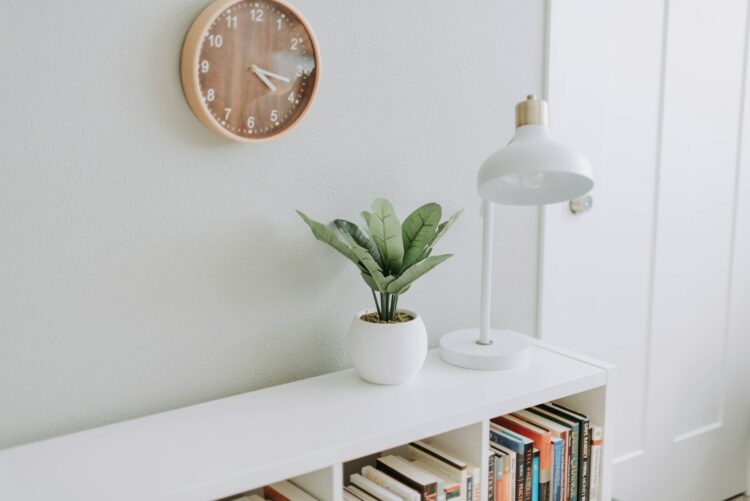
It’s natural to want to make your apartment feel like home, but some landlords have strict rules about alterations, such as painting walls or hanging pictures. Ask if you’re allowed to make small modifications or personalize your space, and if there are any rules about returning the apartment to its original condition when you move out. Some landlords might require that all holes in the walls are patched or that any repainting is done in neutral colors.
14. What Is the Move-Out Process?
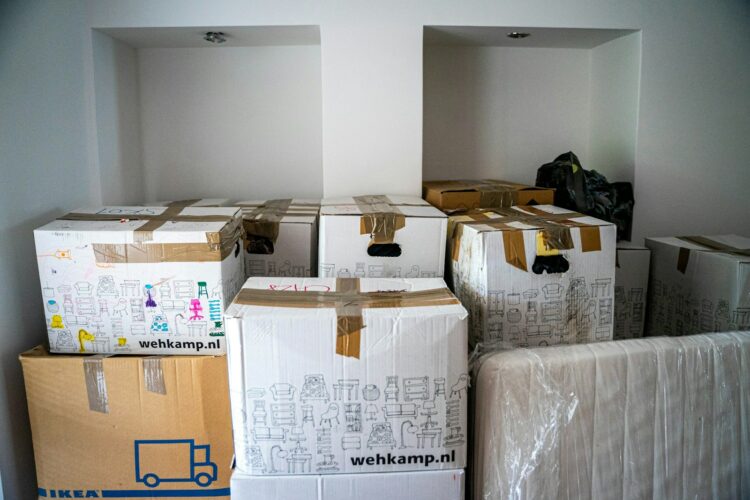
Understanding the move-out process in advance can help ensure you get your full security deposit back. Ask what’s required when moving out, such as cleaning the apartment or making repairs. You’ll also need to know how much notice to give if you decide to leave before the lease ends. Some apartments require 30 or 60 days’ notice, and failing to provide that could result in penalties.
15. What Is the Neighborhood Like?

The apartment itself is important, but so is the neighborhood around it. Ask about the area’s safety, access to public transportation, nearby amenities like grocery stores, cafes, and parks, and whether the neighborhood is quiet or bustling. It’s also worth checking if the area experiences frequent crime or traffic congestion. A great apartment in a bad location may not be worth the price, so take some time to explore the neighborhood before making a decision.

